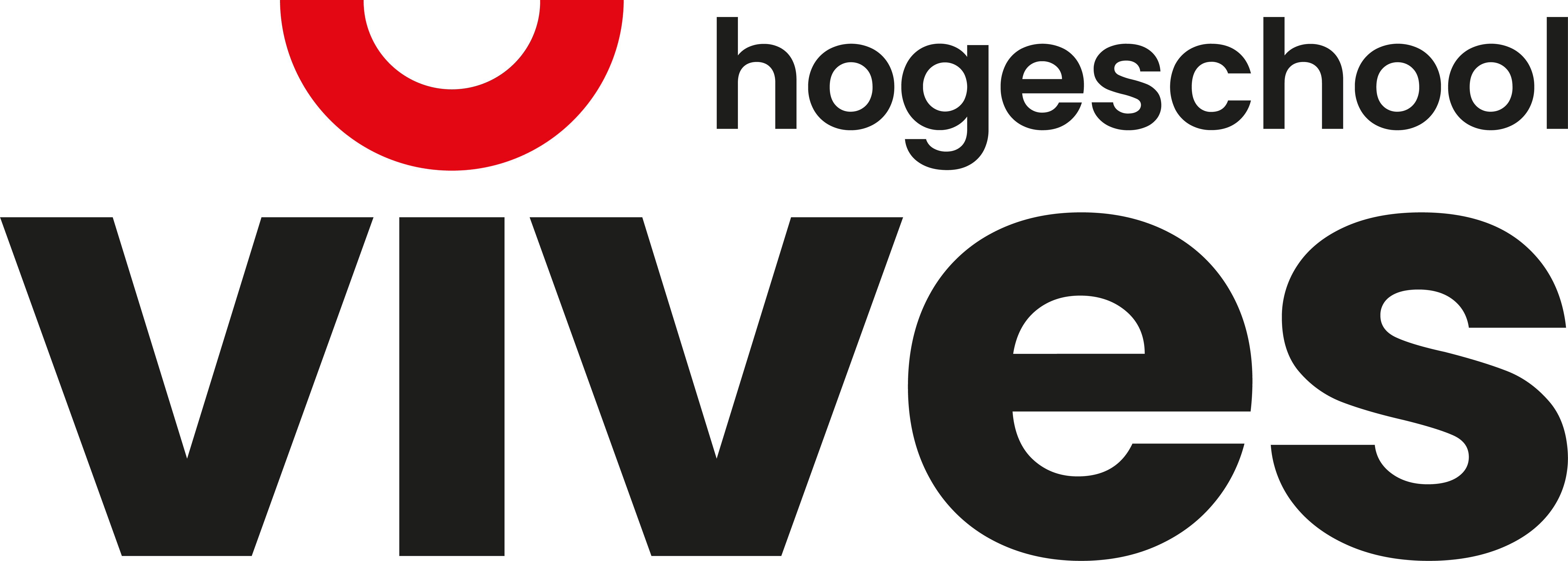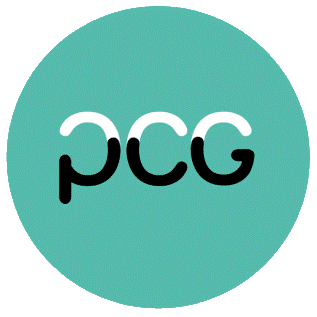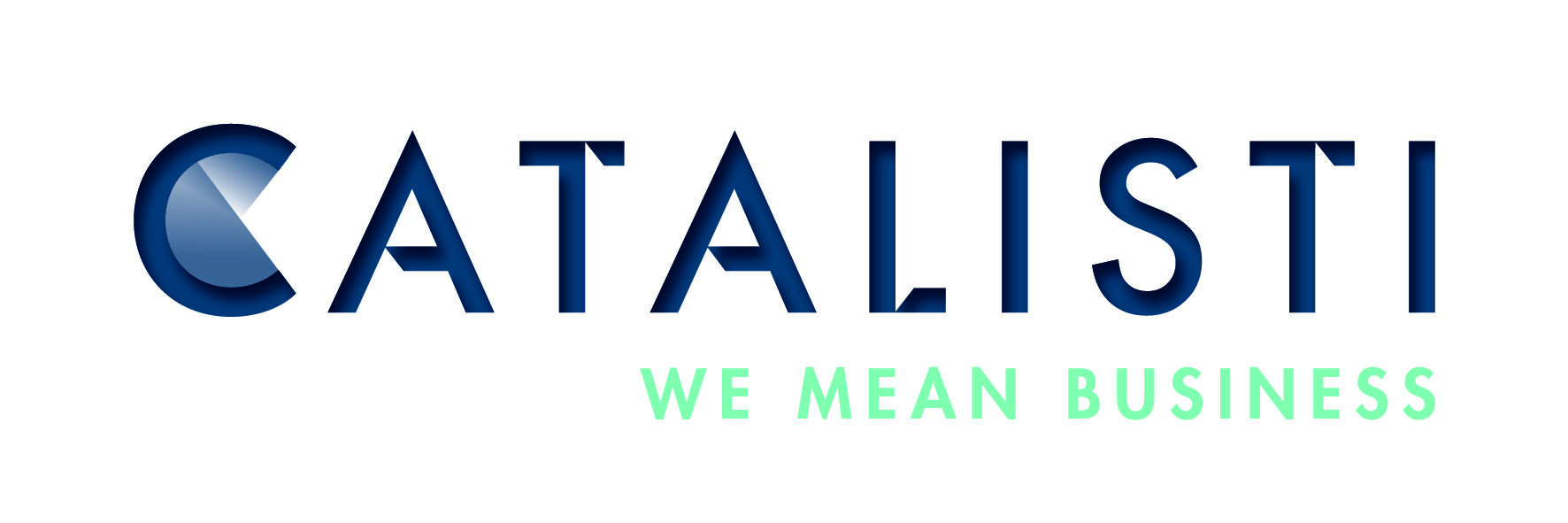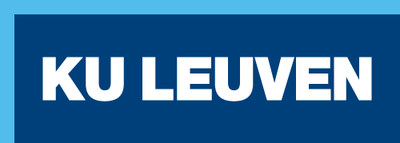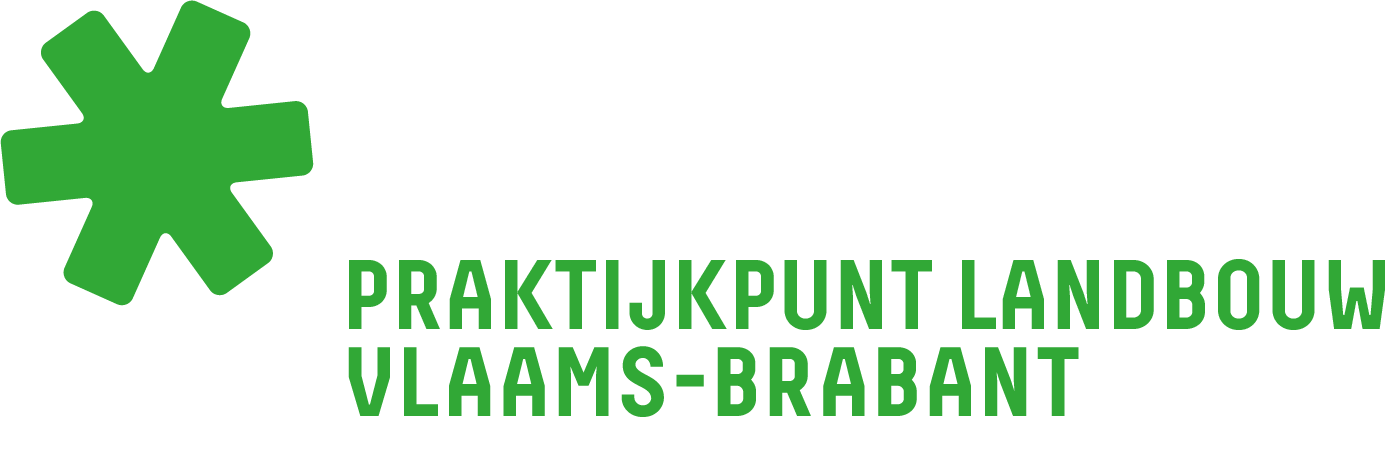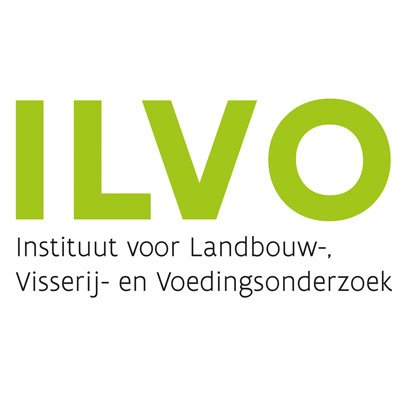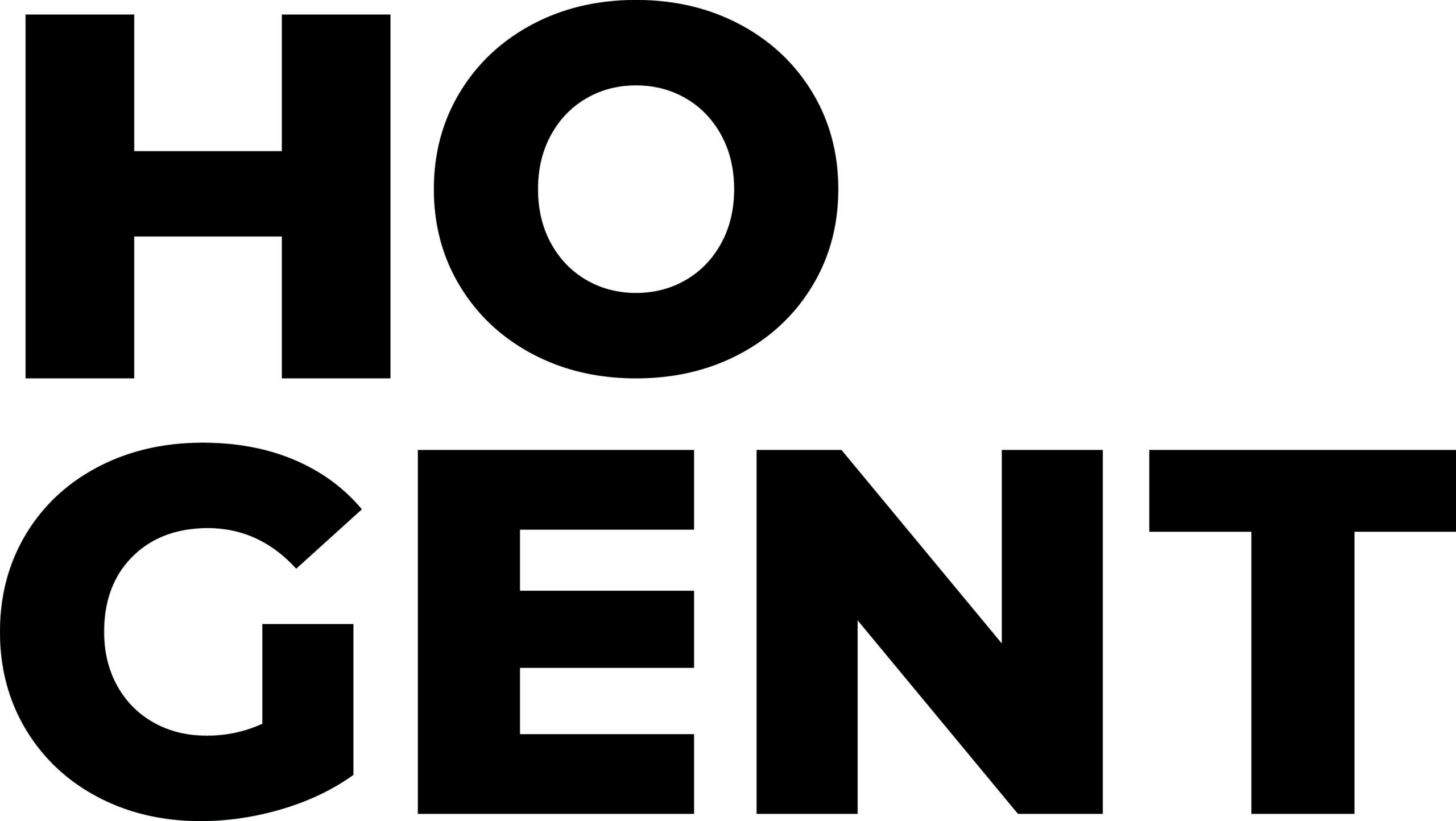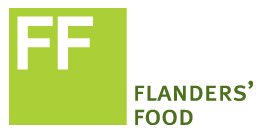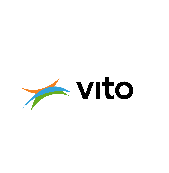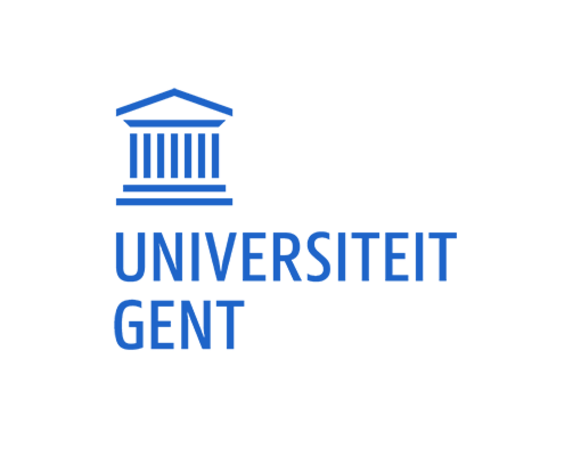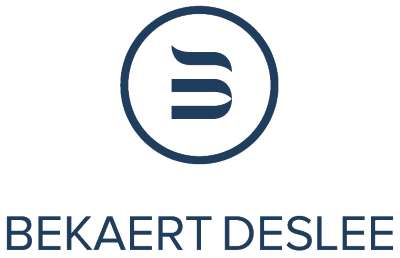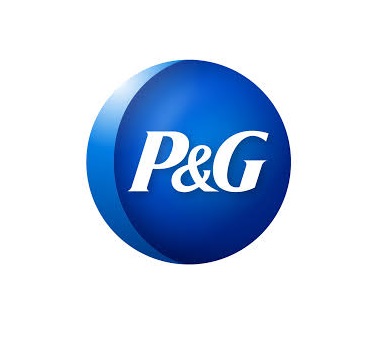DEpolymerisation of hydrolysis LIgnin for Conversion to Acrylic REsins
The DELICARE project maximally exploits the potential of hydrolysis lignin (HL) as a sustainable source of reactive bio-aromatic compounds. Using a catalytic depolymerization we target applications in acrylic resins. DELICARE will link upstream HL producers and downstream acrylic resins and polymer stakeholders, resulting in an optimized value chain, new economic opportunities and new synergetic partnerships.
Lignin: a biomass source of aromatics
Lignin and especially depolymerized lignin are considered to be a valuable bio-based alternative for the replacement of aromatics in many applications. In particular, HL, an underexploited side product from second generation biorefineries, has high potential in terms of cost and availability. However, its detailed analytical characterization and solubilization to enable efficient depolymerization remains challenging, usually due to high carbohydrate content. Therefore, DELICARE will expand the current lignin characterization methods to HLs and make HLs available for new applications through suitable solubilization and lignin pre-treatment strategies.
Continuous depolymerization and innovative 3D-shaped catalysts
To enhance the production efficiency of lignin-based bio-aromatic building blocks, the shift from a batch to a continuous depolymerization process based on heterogeneous catalysis provides a unique opportunity. To go from batch to continuous operation, shaped catalysts and accessible catalyst structures are needed. Therefore, DELICARE will develop novel catalytic materials that are perfectly tuned for continuous depolymerization of HL via innovative 3D printing techniques. Multi-scale modelling will guide the catalyst development by predicting their performance at optimal operating conditions.
Acrylics as bulk materials and high-value additives
Applications of acrylic resins range from paints and coatings to adhesives, inks, packaging materials and personal care products. Unfortunately, only a limited number of bio-based commercially available acrylic products exist. In DELICARE, HL oil-derived acrylics will be developed as bulk polymer matrix for curable thermosetting resins and for high value tailor-made thermoplastic polyacrylates with strong anti-oxidative properties.
Intercluster project
As the bio-based compounds will be used in various material applications (coatings, resins, …), and the innovative catalysts will be synthesized via 3D printing, this innovation project is situated at the interface between the chemistry and materials domains. Therefore, DELICARE is set up as intercluster strategic basic research supported by the Flemish chemistry and materials innovation spearhead clusters, Catalisti and SIM respectively.
Flemish Bioeconomy Label
In the framework of the Flemish government’s policy plan for the bioeconomy, DELICARE was awarded the Bioeconomy Label by VLAIO, as it matches one or more of the focus themes identified by the policy plan, including the conversion of biomass into useable materials and products. Financed through the recovery plan ‘Vlaamse Veerkracht’, the policy plan for the bioeconomy seeks, amongst others, to stimulate spearhead clusters like Catalisti and support their collaborative innovation projects.
Project Details
| Project type: |
Intercluster – cSBO |
| Approved on: |
15/12/2022 |
| Duration: |
01/01/2023 – 31/12/2025 |
| Total budget: |
€1.499.242 |
| Subsidy: |
€1.499.242 |
Project Partners

